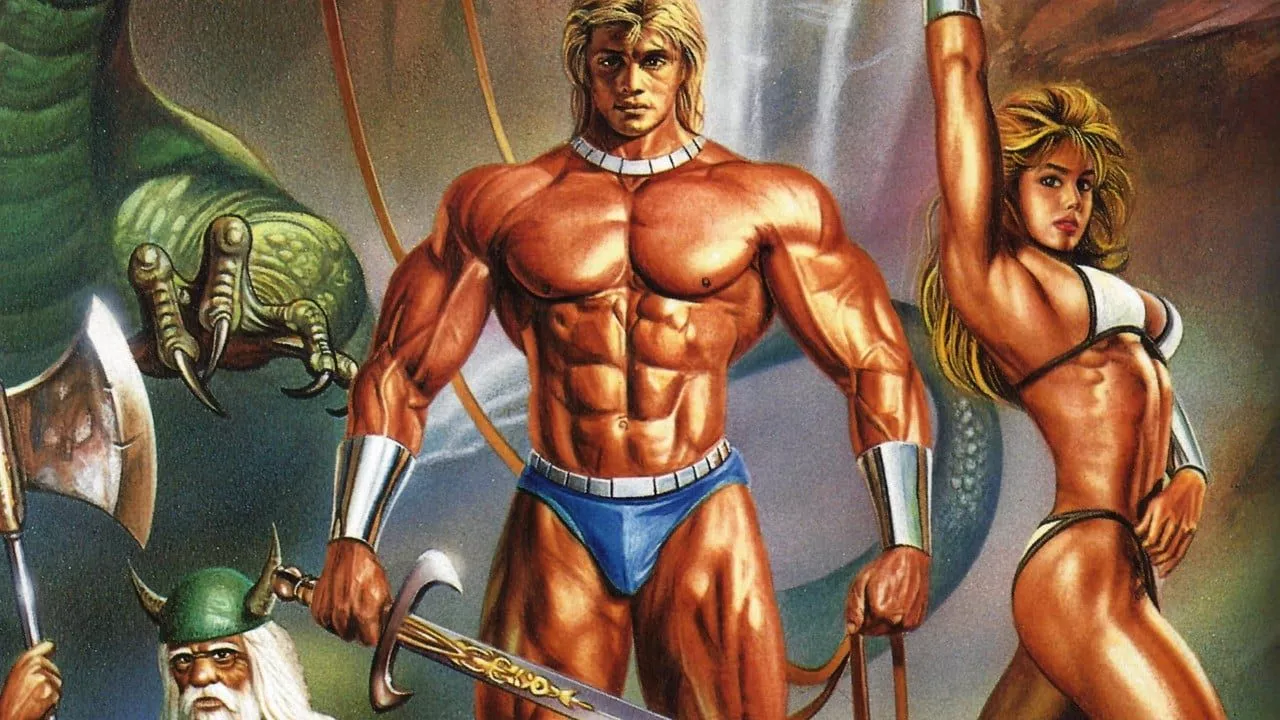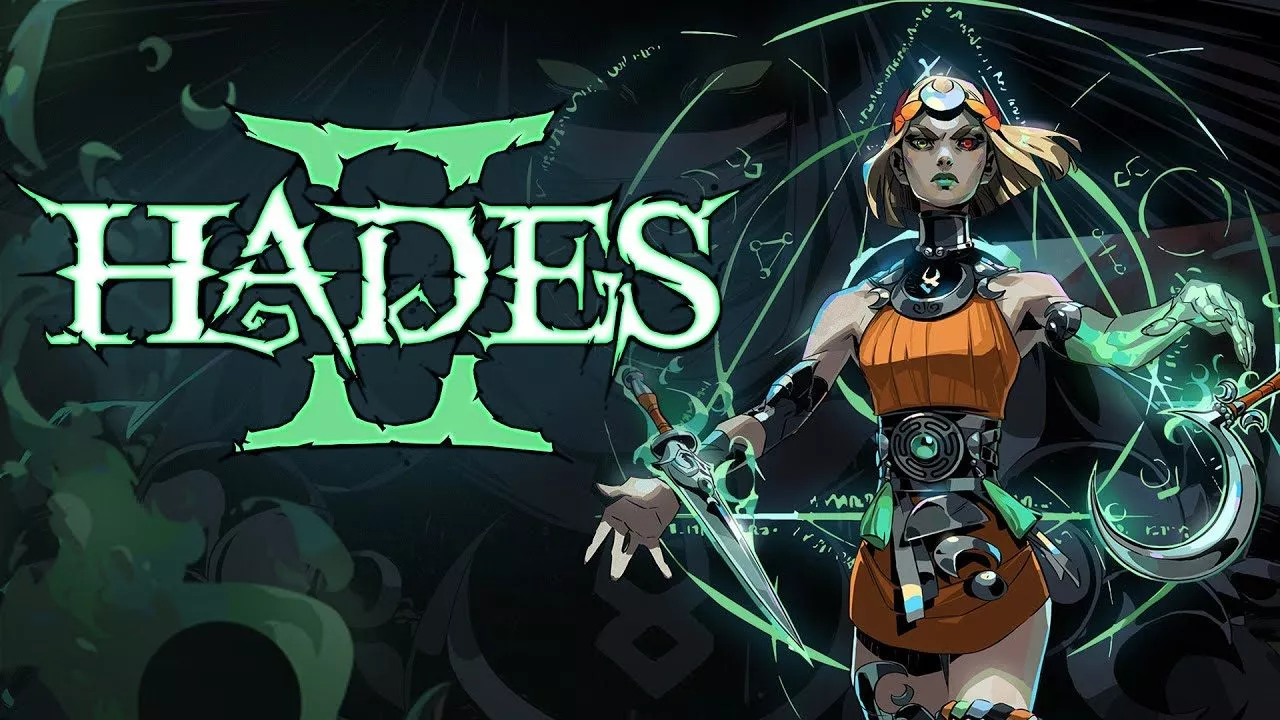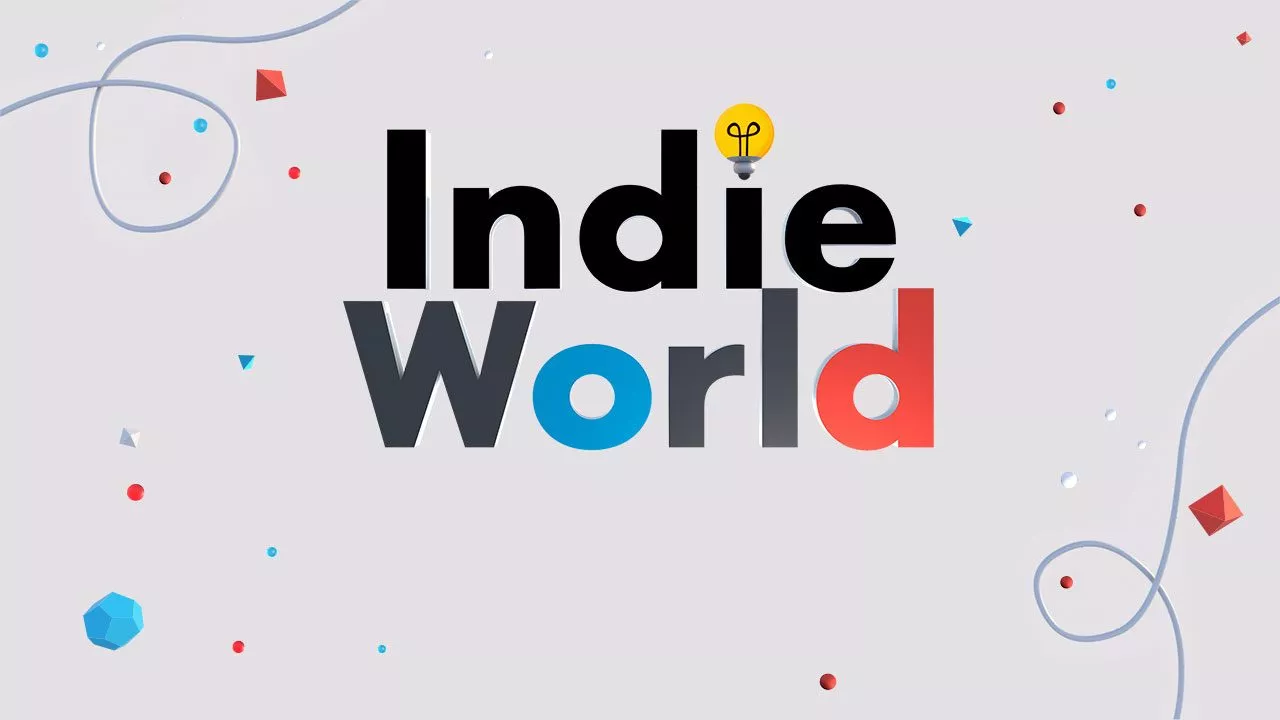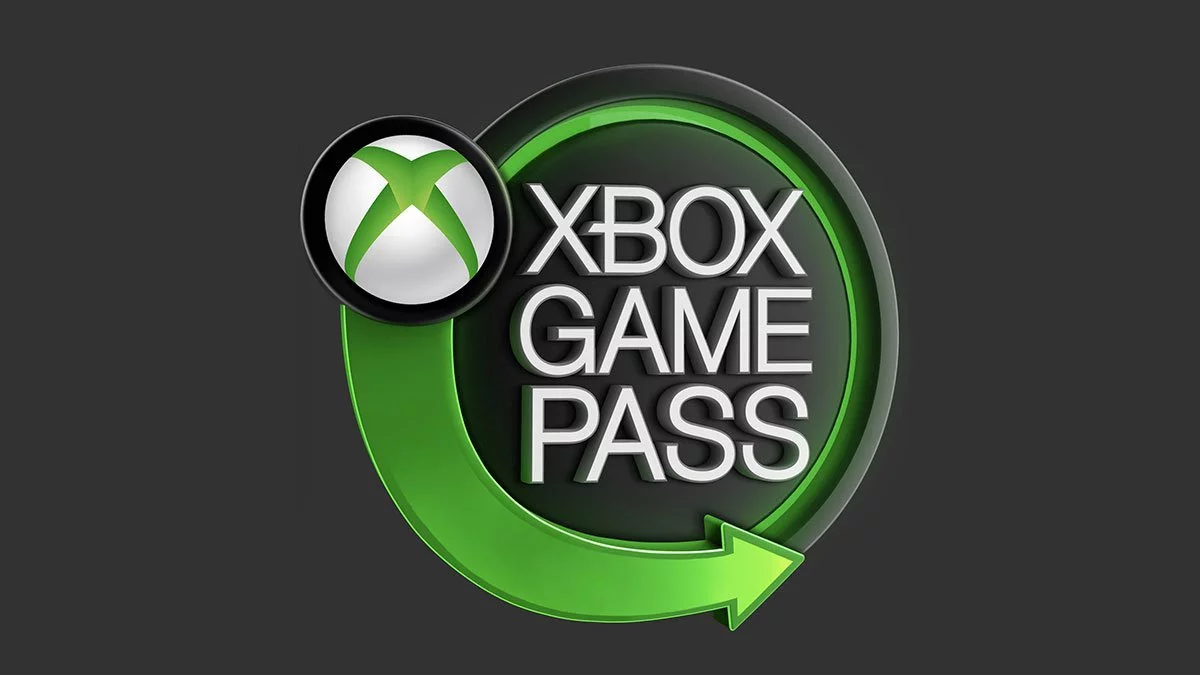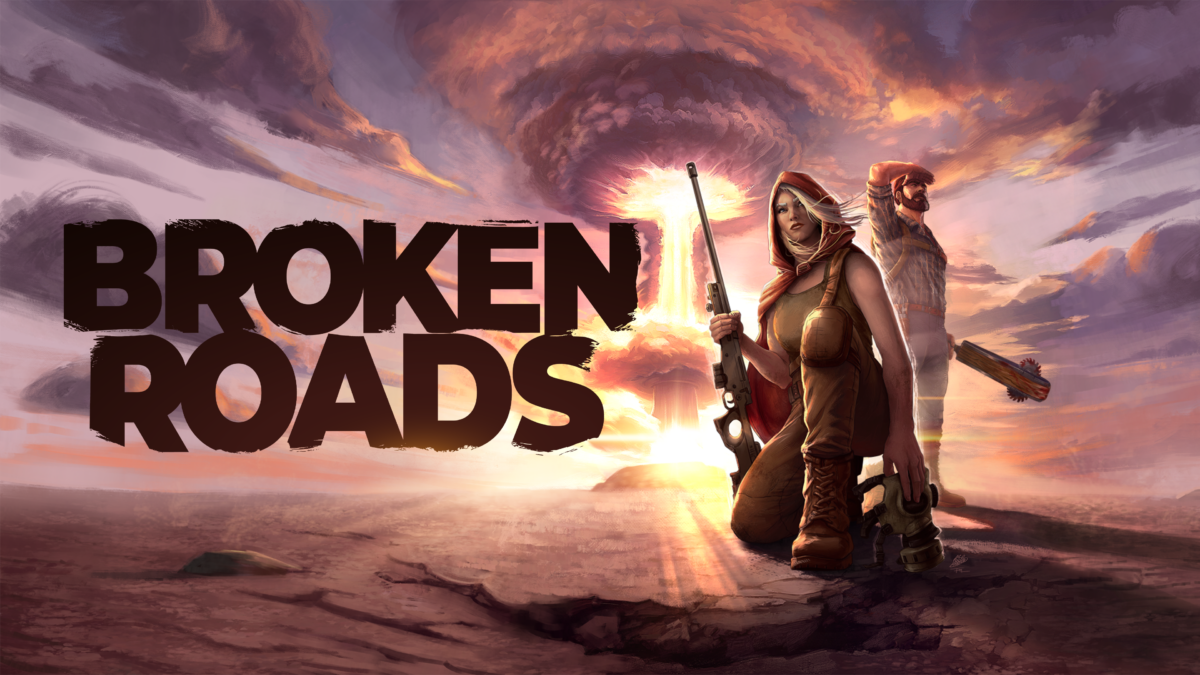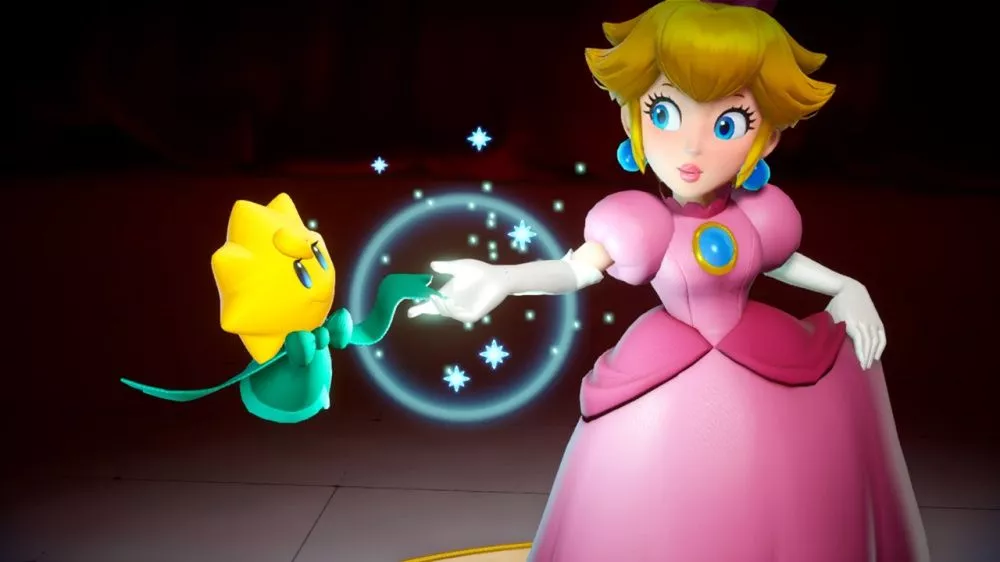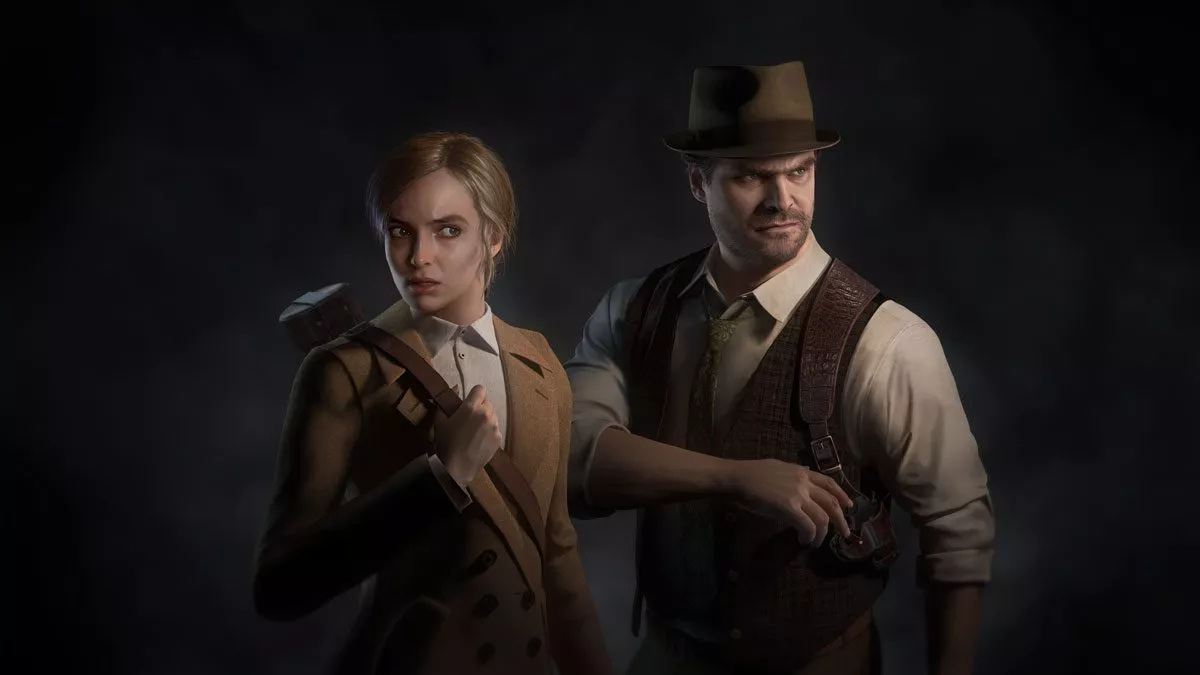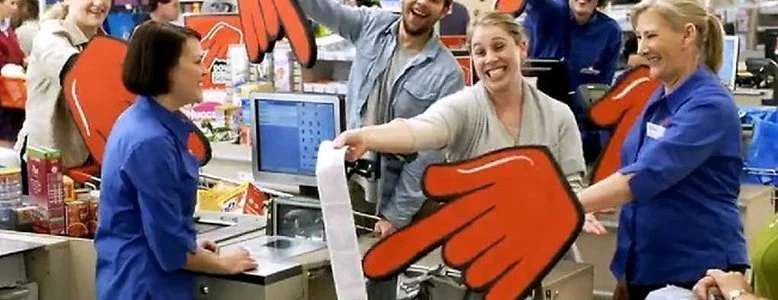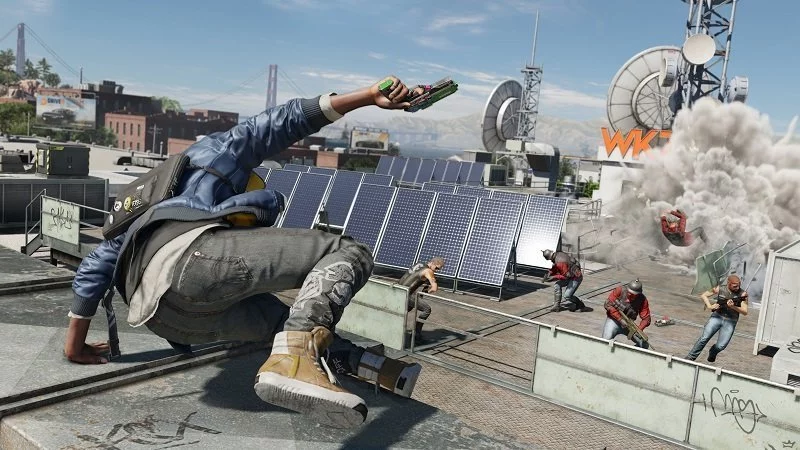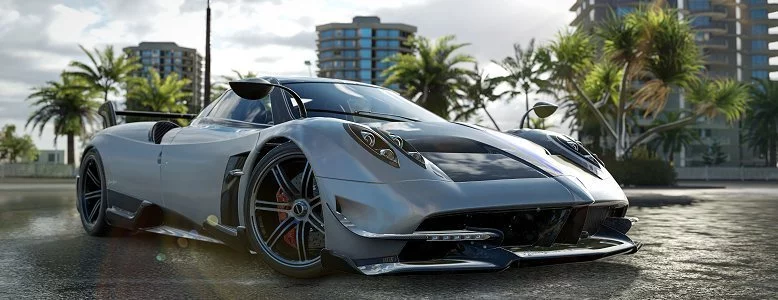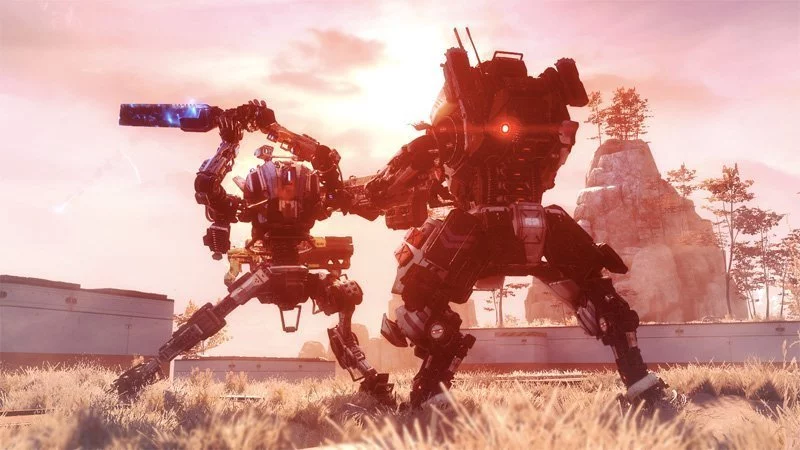Microsoft versus Sony, Battlefield versus Call of Duty and Forza versus Gran Turismo. These are some of the rivalries that can get people talking about console wars. “Game On or Game Over” is your place to get inside the minds of Nicholas and Andy as they seek to find the true meaning of gaming and tackle some of gaming’s most controversial subjects. Both are award winning authors – although the awards haven’t been mailed or created yet — but trust them. Would they lie to you?
Andy: A couple of weeks ago we talked about Take-Two’s contention that some reviewers are better than others, and that bad reviews have dampened sales for Mafia 3. I don’t want to rehash all that, but last week Stevivor’s own Ben Salter wrote an interesting piece about the decline of game sales almost across the board, it’s a great piece and worth a read for sure – but I wanted to use this week and throw that topic around some.
There’s no sense beating round the bush here, there are a lot of major AAA titles whose sales are not doing nearly as good as good as projected. If this was in regards to one title it could be chalked up to an anomaly, poor marketing, negative gamer reception or a myriad of other things. Yet, when it’s multiple titles, across several genres and by different publishers that moves away from an anomaly and quickly becomes a trend, and a pretty alarming one at that if you’re a developer or publisher. We’re talking about some heavy-hitters here too, Watch Dogs 2, Mafia 3, Dishonored 2, Call of Duty and Titanfall 2. Those are some games that expected to move a crap-ton of copies but each one of them was below projections.
Ben offered up some possible reasons as to why those sales could be down, but what do you think? Did you see this big decrease coming? I don’t think anyone could have predicted it would be this bad, and this widespread. So before we get into too many specifics, what’s your take on it as a whole?
Nicholas: For me, there’s one reason that comes to mind almost immediately, and it’s actually a topic we’ve touched on in the past. What do each of these games have in common? No, it’s not that each game features the letter ‘a’, but more-so the simple fact that each game was released right around the same time as each other. For me, from the outside looking in, and without doing too much research into it yet, my first thought is that we’re spoilt for choice and gamers are being forced to choose between them.
If we look at two of those games, Call of Duty Infinite Warfare and Titanfall 2, not only did they compete with each other, but those two games also competed with the remake of Call of Duty Modern Warfare. That’s three games in the space of a few days. Throw in Watch Dogs, Mafia and Dishonored, where exactly are gamers meant to be finding time to play these all? Hell, as a personal example, I purchased Watch Dogs 2 and Pokemon Moon two weeks ago. I played an hour of the former before I had to go out. Fast-forward to the next weekend and I’ve been playing the Calling All Units expansion for The Crew. Before that I was playing BioShock 2, and I stopped that halfway to play Forza Horizon 3. In the space of a few months I’ve added five unfinished games to my collection.
So my take on it is, developers are finally starting to see the repercussions of releasing all their games at the same time. But let me jump off my soapbox for once and pass the microphone to you. What are your thoughts on why we’re seeing a universal decrease in sales across some of the industry’s largest franchises?
Andy: I think you’ve hit one of, what I would consider the big reasons behind this drop-off in sales. Certainly the battle for screen time has to have played a part in many gamers’ decisions. I know it certainly played a part in my decision making when I was trying to figure out what game(s) to get. Like you, I didn’t want to rush out and get games that would just sit on my shelf because that’s happened a couple times in the past and I still have yet to play a couple games. I’m looking at you Assassin’s Creed Syndicate, Shadows of Mordor and Metro Redux. So getting a game not to play it doesn’t make a lot of sense.
There is another big reason why I chose to get fewer games right away this year. It’s actually a simple reason, money. Not so much that I couldn’t afford a couple more games because I could have, and there were actually a couple that I was interested in. But because it seems that games now-a-days, and not just those which are released around the holidays, drop in price pretty quickly. There is usually a sale a month or so after the game is released where you can save $20 or more. It’s especially true during the holidays though. Look at all the games that were released this holiday season, I think all but one was on sale somewhere. Why spend $60 (more if you’re in Australia) when you can wait 2-4 weeks and spend $30 or $40? If it’s not a multiplayer game or a co-op game that a friend is really pressuring me to get, there’s not a whole lot of reason to rush out and get a new release anymore.
You know, the more I think about it I’m not really sure there are that many compelling reasons anymore to actually GET a game on release day. From a backlog, to a looming sale, heck we haven’t even talked about the inevitable Day 1 bugs and glitches yet. So let’s flip this around, instead of talking about why sales have declined and the reasons why gamers aren’t buying games Day One/Week One; put on your publisher/developer hat. Why should I get games the day they are released? Why should I pay full price out of the gate for a game?
Nicholas: To answer that question I think we shouldn’t put on our publisher/developer hats, instead we should put on our gamer hats from a decade or so ago. Hear me out. When I was younger, think the N64 and GameCube days, it was important that I purchased the newest games on launch. This was for a number of reasons. One, I wanted the latest and greatest. Second, I had finished what I was playing before and was keen on something new. Thirdly, the market wasn’t as saturated (well, at least from what I remember) as it is now. I know this returns back to what we’ve already discussed, but I think that shows how significant it is.
As an example for the above, I remember when I was in high school and the latest Need For Speed Underground game was coming out (the second to be precise). I had finished the first Underground title and I probably finished it a few more times at that. By that stage I wasn’t bored of it, but I had finished what I could and was after a new experience. There wasn’t four other racing games vying for my attention at the time, so when the sequel was due to release it was what I had my eyes on. Contrast to what we’ve said above, and let’s think about shooters, I might have finished the last COD by now, but at this stage I have three different games to choose from – and that’s not including the other third-person shooters we’ve mentioned as well!
So, if a publisher wants gamers to pay full price for their game on launch, then they need to guarantee something – exclusivity. The game needs to be unique for the period it’s being launched, but, and especially with shooters, this is hard to do when it’s the go-to genre.
On that note I wanted to get your thoughts on a certain idea – is perhaps another reason why game sales are decreasing is because everything is so, similar? FPS titles are so similar both in setting and gameplay, cover-shooters play off the same tried and true tactics, do you think that gamers aren’t rushing to buy something new is because what’s ‘new’ is just a rehash of what they’re already playing? We’ve spoken about new IPs vs. sequels in the past, but despite that, do you think gaming and the types of games we’re playing need to be shaken up somehow? If so, in what way?
Andy: Man, you just have to make me say this don’t you? I think you are 100% right. There are a bunch of things going on here but certainly this premise that there has to be a dozen (or more) AAA games released in such a small window just doesn’t make practical sense. Then, you add the fact like you said that all of the games can be grouped into a couple genres – it makes sense that gamers would pick one and not the others. Like you also touched on (OK I really hate saying that multiple times), many of these games feel the same. Not only to what’s being released – but also what’s already out. It’s no wonder sales are down across the board.
When you go to a restaurant you don’t order everything on the menu, that would be impractical. But, game developers and publishers expect us to pretty much do just that with holiday game releases. All the while being pretty much the same as the next game. I can’t think of the last game I played that got to sit back and say, “holy sh*t, I’ve never done that before in a game.” The title I have played the most the past month is Battlefield 1 and even that feels a lot like other games. Granted it’s highly polished, looks amazing, and is fun – but everything in BF1 is something I have already played before. Heck, look no further than the game titles themselves. How many games that came out this holiday season don’t have a number in their title or are part of a series of games?
That’s my other bone of contention in that all the games that are coming out are so formula-driven. It’s almost like a cut-and-paste with a new skin on it. You know exactly what you are going to get from the games now, there’s no longer and surprise or “holy sh*t” moments. On one hand that’s fine and dandy because you know what you’re getting. On the other hand if I know what I’m getting I also know how long I can wait to play it. So really my statement from earlier on holds true. Game developers aren’t giving me a reason to get their game on launch, they are just allowing me longer to get their game.
I do think the industry needs to try and move away from the formulaic approach to making games. I’m not just talking about who the protagonists are, what the setting is, what the genre is, etc. Make a new genre. Make a game that refuses to follow the rules set before it. Be edgy, be different and try something new. Give me, as the gamer, a reason to get that game on launch and jump right into it. Those things just aren’t happening right now. Here’s the trap I think developers/publishers have fallen into. They force us to make a choice between games by releasing them so close together. The problem is when I make a choice someone is going to lose, but developers have too big of ego to think their game is the one that might not win. It sounds like across the board, developers and publishers alike, have learned that lesson this holiday season. There is only so much money in the gamer pool, not every game is going to get a piece of it. With how things seem to be shaking out sales-wise for all these AAA games this holiday, do you think it’s enough to get publishers to sit up and take notice and a) change up the timeframes of when they release games and/or b) start looking at changing the formula of what they put out or c) are they to vain to see they are a big part of the problem and nothing will change?
Nicholas: I think the answer to your question will depend on how significant the impact of these lower sales is. Meaning, if sales fall short of budget, but they still generate enough money to allow the publisher to green-light another title, then we’ll not see a change in how things are done. Alternatively, if it gets to a point where sales are low so that it potentially stops a sequel from being developed or the studio being kept afloat, then maybe, just maybe we’ll see a change. You mentioned that there’s massive egos involved from these gaming giants, so for me it really makes me wonder whether or not they’ll change their practices or whether they’ll continue to play chicken with their competitors, seeing who can come out on-top.
On that note though, we can’t ignore why these publishers release their games when they do – and this is something I think we need to talk about. It makes sense that publishers would hold off until Q4 so that they can maximise sales, but let’s think about it a little deeper – does it really make sense? If the average age of gamers is 30+ years old, I’d like to wager that the majority of us aren’t waiting for our parents (I mean Santa) to drop these games under the Christmas tree. Further to this point, if almost all of the games we’ve referenced above are M15+, does it really make a difference to wait until Christmas to release them all? Of course, games have a development cycle that needs to be kept to – it wouldn’t make sense to rush a game three months early to beat the other games in the market, but how about waiting three months instead? I’m not expert, but I wonder whether you’d get more sales in Christmas or whether you could wait until March and release it when there’s not much out there to compete against?
As far as the formulaic way of creating games, it made me think back to when I was chatting with an indie developer at PAX AUS last month. He mentioned that while platformers used to be the way of telling a story, the game mode of choice is now shooters – and I think this is why we’re seeing FPS as the most prevalent game type today. In your opinion, and changing off-course a little, do you ever see this changing soon? There’s certainly an interest in puzzle games, but do you think they’ll ever be enough to topple gunplay? Alternatively, do you see gaming moving away from a predominately single genre?
Andy: Man that falls right into one of my biggest frustrations with FPS games. There really isn’t much of a story in them anymore. They almost always devolve into a meat grinder of headshots and special unique weapons. Sure they try, some better at others, to tell a little bit of a story but most of them are just big set pieces with explosions to get you to that next meat grinder part. It’s interesting that we are talking about FPS games here at the end of this week’s discussion. I say that because, in my opinion, the FPS genre is the most over-saturated genre that’s out there. I think that over-saturation has to be part of the decline in sales. In reality gamers can only play a finite amount of games.
That leads me into the last point I wanted to talk about. Is it possible that the gaming industry has become a victim of its own success? Now before you call me an idiot, this time anyway, hear me out. We have talked time and time again about how game developers are using every trick they can to keep their disc in the tray as long as I can. They are building-in longevity, or trying to build it anyway, into every game they can. Teasing us back with updates, DLC and in-game events. You said it yourself earlier, when you finished a game as a kid, and I mean truly finish it, then you looked for the next one. Now-a-days, you pick a game and play it for a short bit and there are already three more games that have come out. So the gamer is faced with a choice. Finish the game they are currently working on and ignore the new games for a little bit, or grab the new game(s) and forget the previous one. If you do the later, then you are throwing money hand over fist and increasing your backlog for no real reason. There’s no possible way to play every game that comes out, especially during the holiday season.
You mentioned that the average age of a gamer is 30 years old. So they have seen the cycle time and time again, buy all the games, play a few and then pick away at the backlog only to add more to it after the next new release. After doing that time and time again, I think it’s only fair to say that the older gamers have started to wise up to that and as such are pulling back some of that disposable income and making decisions on what games are must buys and what games can wait. The problem for the games that can fall into the wait category is that they run the risk of quickly falling into the, ‘I won’t bother anymore’ category. For me personally, Titanfall 2 has already fallen into that category and Call of Duty has long been there for me.
As we close yet another week, I wanted to get your opinion on that. In Ben’s article he talks about all the different reason, some of which we covered as well, on why sales are down. But, is there some validity to thinking that it’s something so simple as gamers are getting older and what worked (for publishers) 5 years ago just won’t work any longer? Have gamers gotten smart and realized that they really don’t need to get that game Day 1 in most cases? Who knows, maybe this is the start of getting publishers to change their traditional model of swamping gamers with games in one short period and hoping for the best.
Nicholas: I love how you mentioned that gamers have that decision between (potentially) finishing a game and then moving onto the DLC or leaving it to play a new title. I can totally relate to it and truth be told, I very rarely purchase DLC for games for that reason, and for those that I do, I don’t finish them. The ‘Storm Island’ expansion for Forza Horizon 2 and NASCAR expansion for Forza Motorsport 6 are perfect examples. On that as well, by the time I’ve finished the base game I’m typically over the game and want a change, so what I’m after at that stage isn’t more of the same content, but something different. Maybe it’s an age thing as well, but I find it difficult to ‘love’ a game like I used to as a kid. Where I would play NFS Underground time and time again on the GameCube I didn’t even finish the latest instalment. My allegiances to franchises has dwindled over time.
To answer your final questions, it’s a little difficult to be honest. Just last week I was at an event and in speaking with some the of the PR folk they mentioned that they release so many games at this time of the year is because the historical data shows that they sell the most, and they seemed to be of the belief that sales are growing. Given what we’ve been discussion above it’s confusing to know what’s what. Off that conversation alone I’m included to say that no, there’s not a chance that publishers will change their traditional model and spreading releases out more evenly across the year. If that’s their practice then I don’t see it changing – it’s been the way for so long and I don’t think we see too much change from the industry in this regard.
Overall I think gamers are being more selective because it seems like the amount of choice out there has never been greater. We need to remember that we’ve been speaking about consoles mostly this week, but let’s not ignore the impact and market share of PC gamers too. I certainly think that the points we’ve discussed this week are valid – games should be released more evenly, they should be more unique and they need those features that make them enjoyable and for longer. Despite that though, I think we’re talking pipe-dreams to be honest. I’ll be interesting to see if anything changes in the near future, but until then, I’m going to play through The Crew and BioShock 2 remastered before I pick up Mafia III or whatever else I’ve yet to add to my collection.
Tune in next time for the next instalment of Game On or Game Over. If you have any ideas for our next article, feel free to contact Andy or Nicholas on Twitter.
This article may contain affiliate links, meaning we could earn a small commission if you click-through and make a purchase. Stevivor is an independent outlet and our journalism is in no way influenced by any advertiser or commercial initiative.


